-
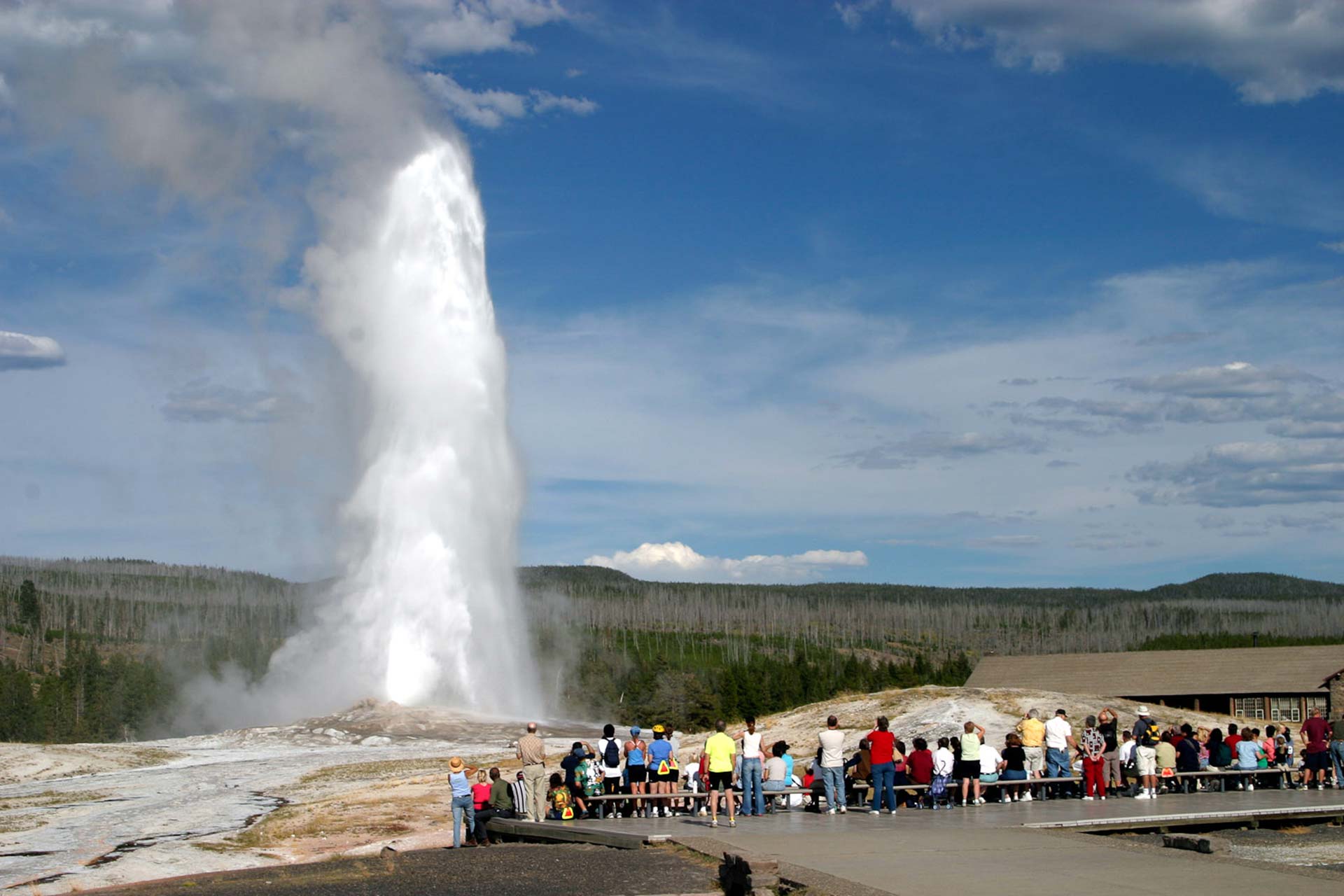
Millions of national park visitors generate economic opportunities for gateway communities, spending money that creates jobs and income. See the trends for every national park service unit. Read more
-
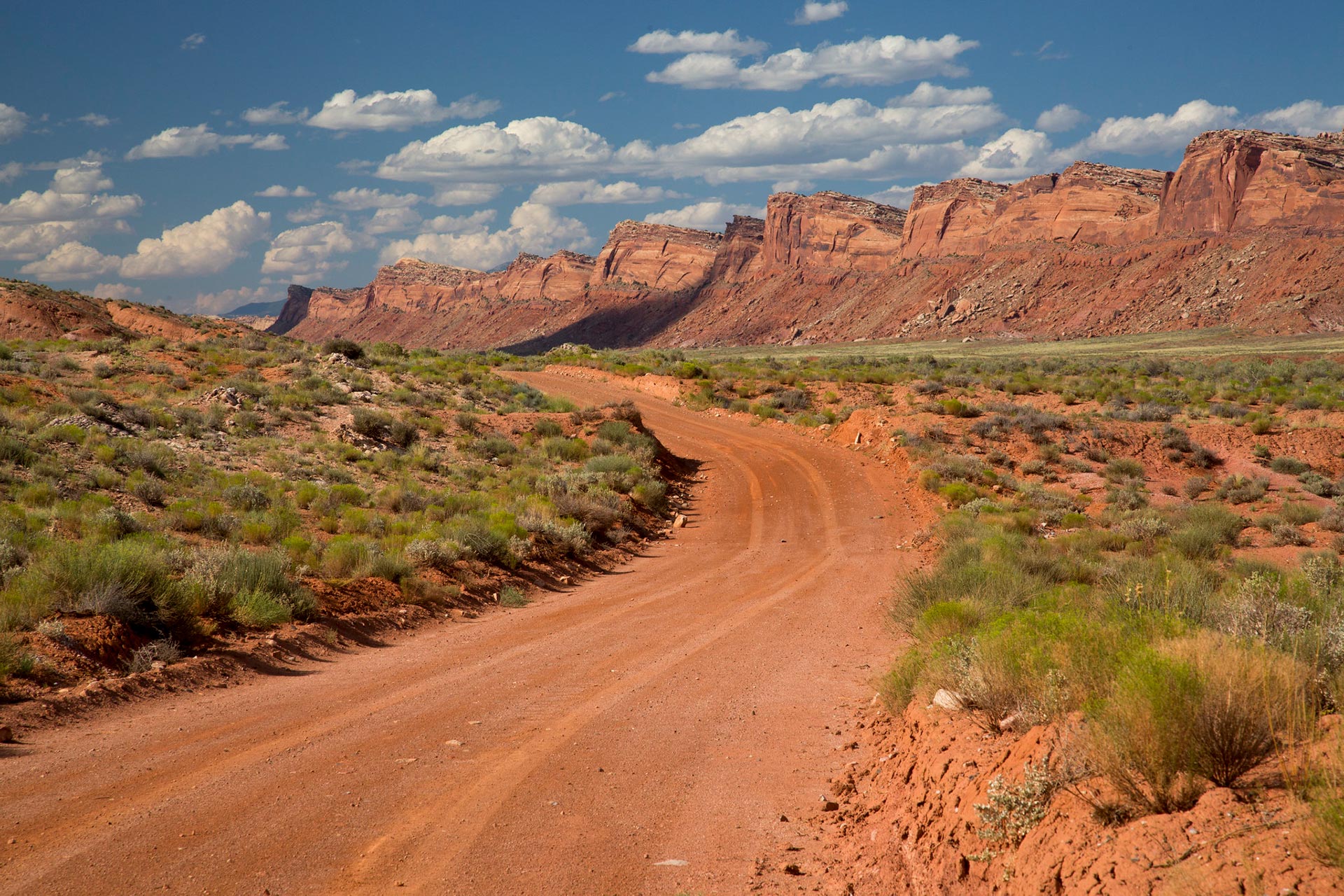
Recent studies find that national monument designations do not negatively impact local economic performance, and in many cases strengthen local economies. Read more
-
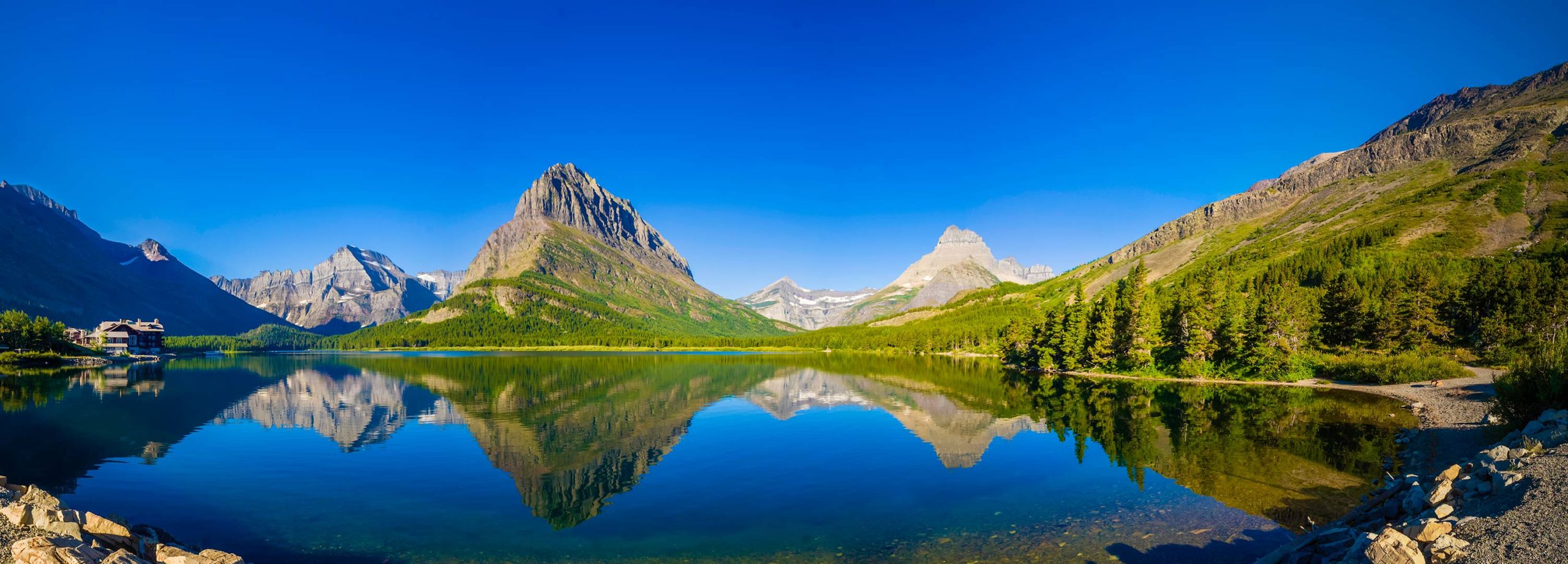
Public lands influence the economy, demographics, and fiscal policies of communities. Explore maps and county-level data for the 828 million acres of federal, state, and municipal land in the U.S. Read more
-
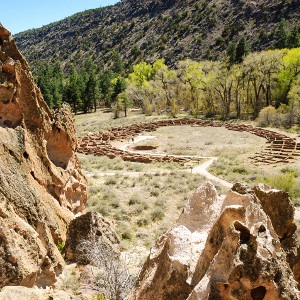
Study on the economic impacts of redesignating Bandelier National Monument as a National Park with case studies of other Monuments converted to National Parks. Read more
-
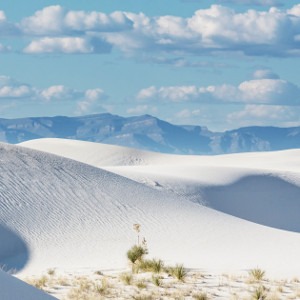
Investigating the economic effects of National Monuments redesignated National Parks, and the potential impact of converting the White Sands National Monument to a National Park. Read more
-
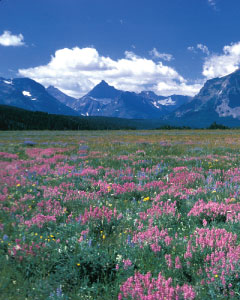
This report summarizes Montana’s economy analyzing recent growth and what is driving its performance, including a description of how federal lands help attract people, investment, and businesses. Read more
-
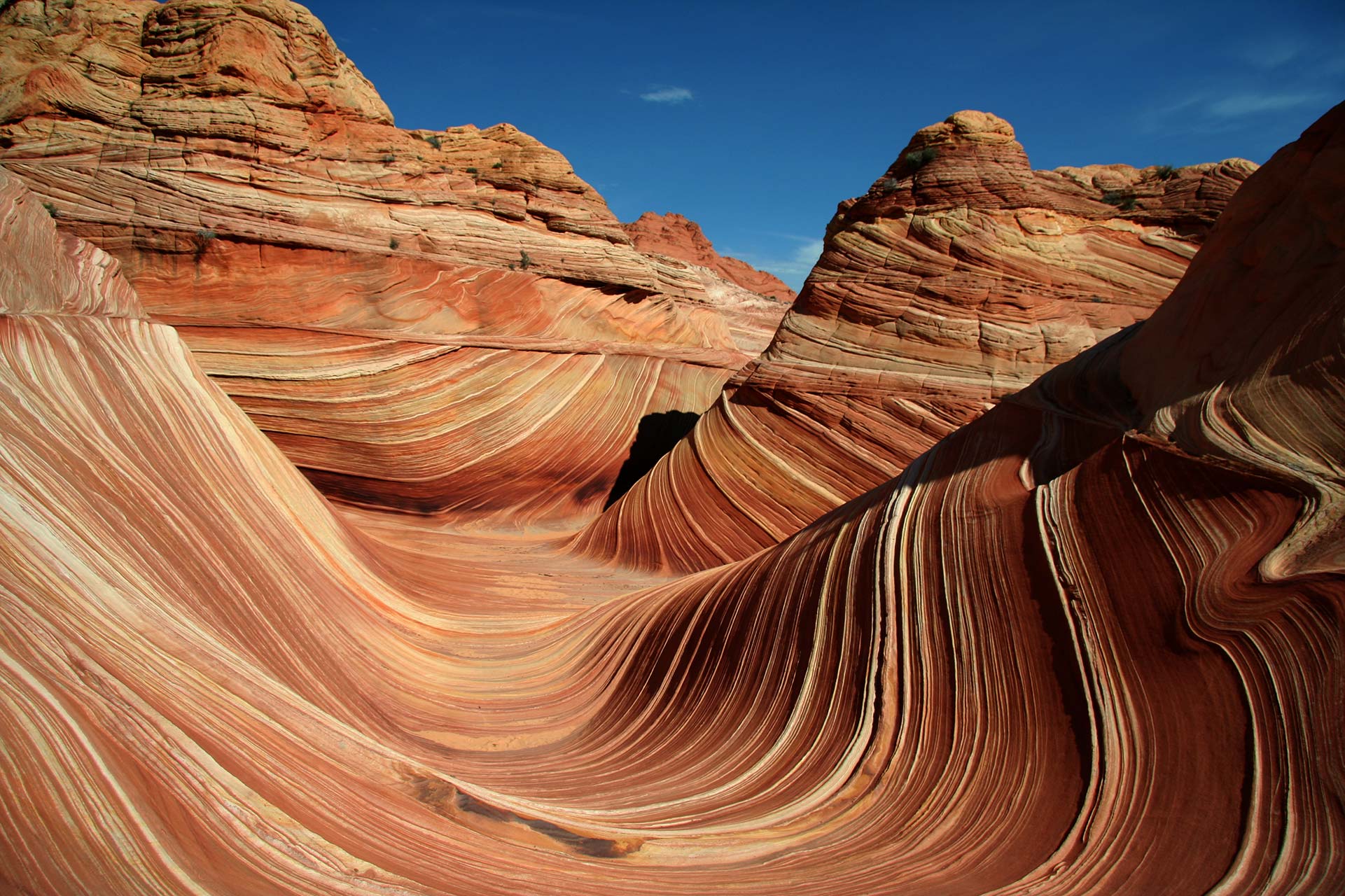
This research and interactive charts show that the local economies adjacent to all 17 national monuments studied in the West expanded following the monument’s creation. Read more
-
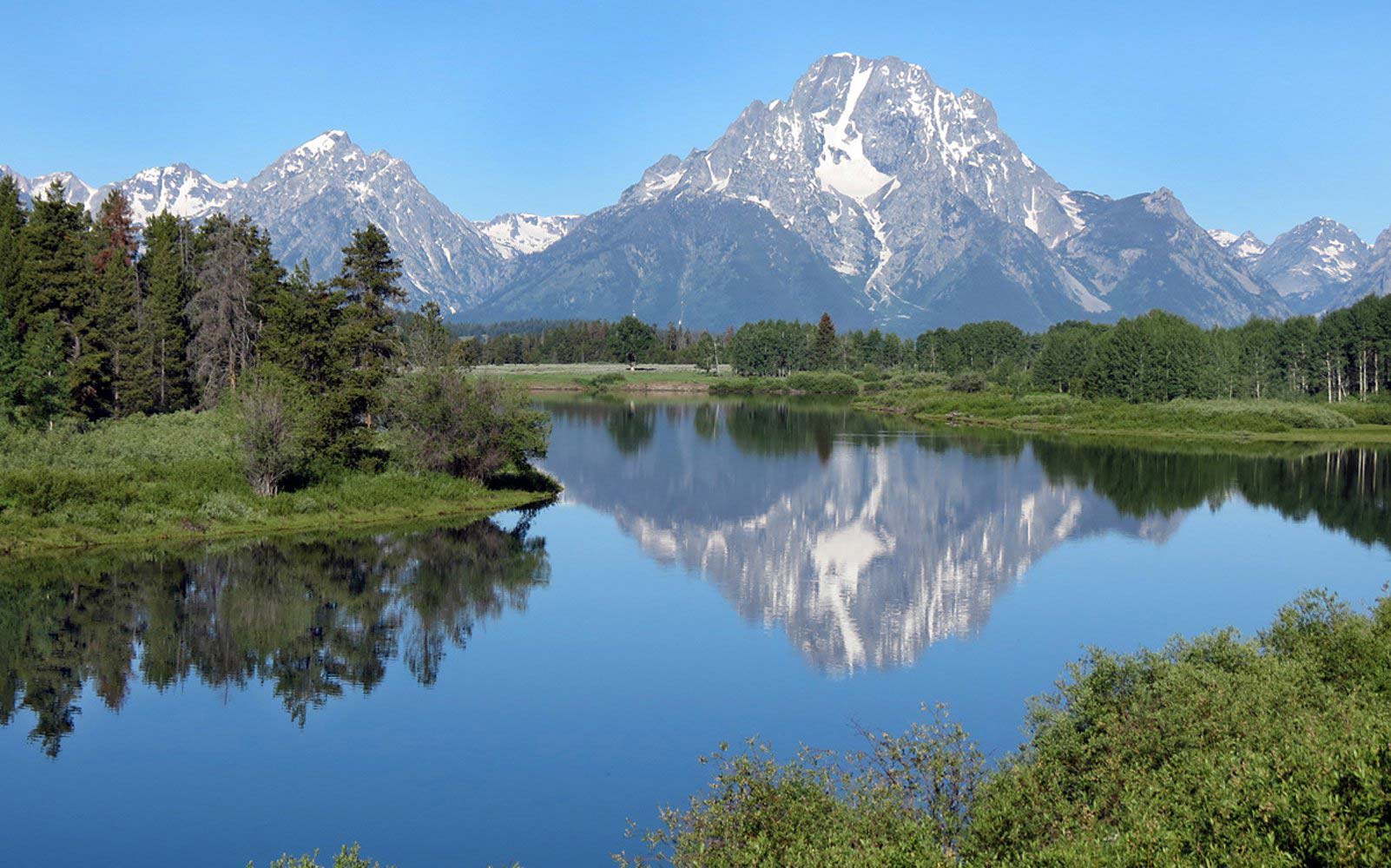
Headwaters Economics compiled a number of regional reports, case studies, tools, research library, and related news articles on the value of public lands to nearby communities. Read more
-

While most western rural counties are aging and losing young families, the loss of school kids in rural western counties with protected lands such as National Monuments was, on average, less than half the rate of loss for similar counties without protected lands. Read more
-
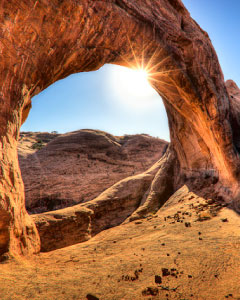
This updated report analyzes the economic value of public lands in Grand County, Utah and the important role that these lands play for local businesses and the well-being of the region’s economy. Read more
-

Protected federal lands (such as Wilderness or National Parks) not only preserve unique landscapes, but have the potential to attract in-migrants such as baby boomers, which in turn help support a robust local economy. Read more
-
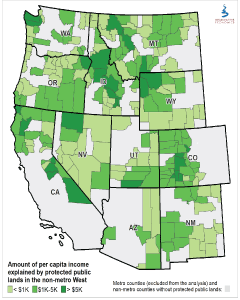
Headwaters Economics research and accompanying interactive map show the amount of per capita income explained by protected federal lands for each county in the non-metropolitan western U.S. Read more
-
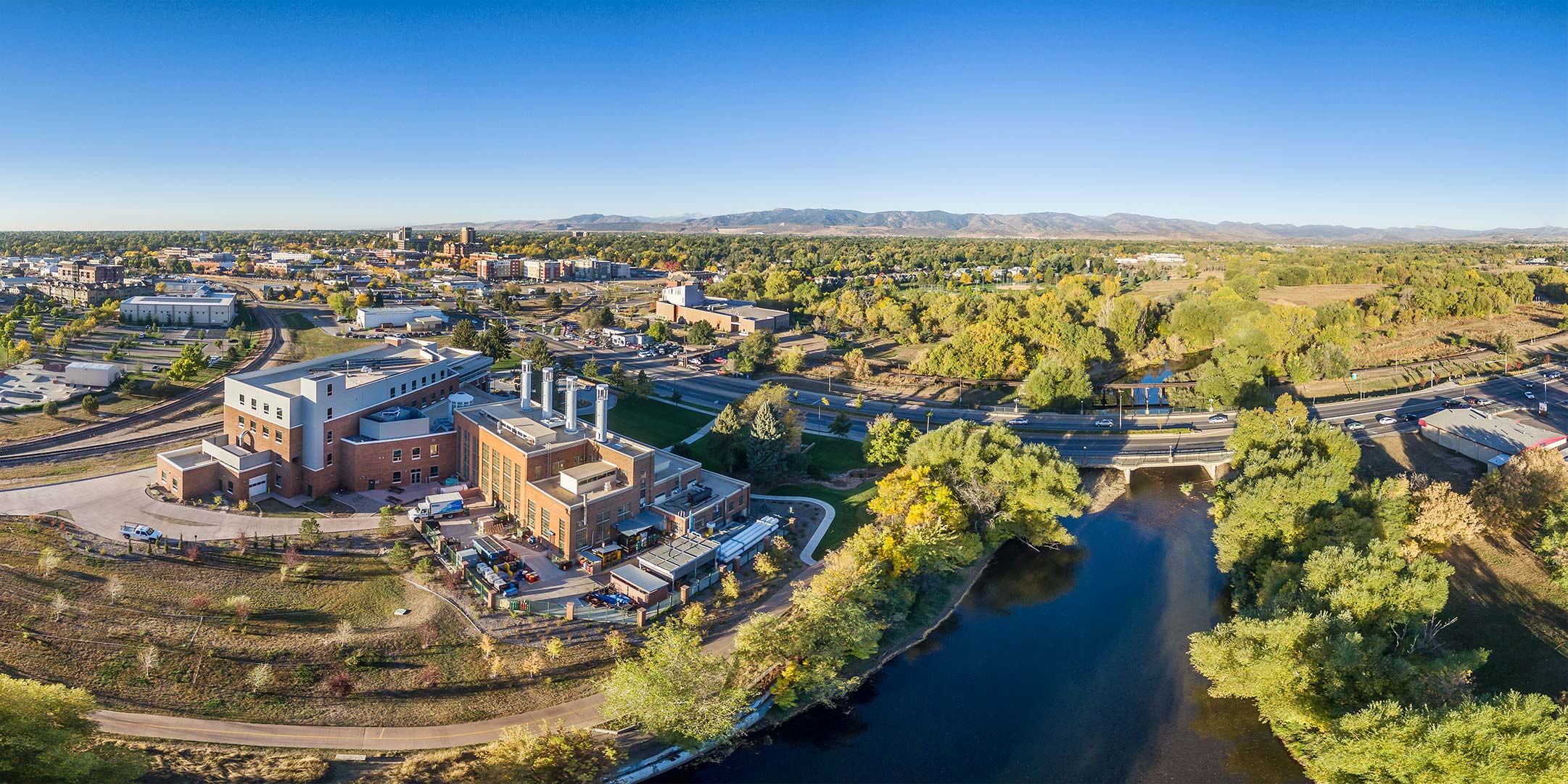
This report finds that the West’s popular national parks, monuments, wilderness areas and other public lands offer its growing high-tech and services industries a competitive advantage. Read more
-
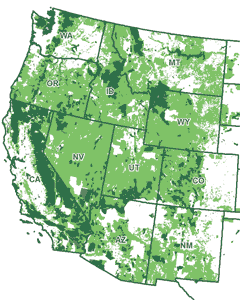
News release for report that shows how the western United States is outperforming the rest of the country and the role protected federal lands in providing western states a competitive economic advantage. Read more
-

This fact sheet summarizes Washington’s recent economic growth and the role of protected public lands in supporting faster job creation and higher per-capita income. Read more
-

This New Mexico fact sheet summarizes the state’s recent economic growth and the role protected public lands play in supporting faster job creation and higher per-capita income. Read more
-

During the past decade Nevada and the West outperformed the nation, and the competitive advantage offered by its protected lands supported job growth and higher per-capita incomes. Read more
-

Montana’s recent economic growth and the role of protected public lands in supporting employment creation and higher per-capita income are explored in this report. Read more
-

Helped by its high quality of life and protected public lands, Idaho’s economy and population grew rapidly in the past decade. The majority of growth coming from health care and administrative services. Read more
-

Colorado’s rate of population, employment, and real personal income growth has outpaced the nation and this fact sheet looks at the role of protected public lands in supporting jobs and higher incomes. Read more